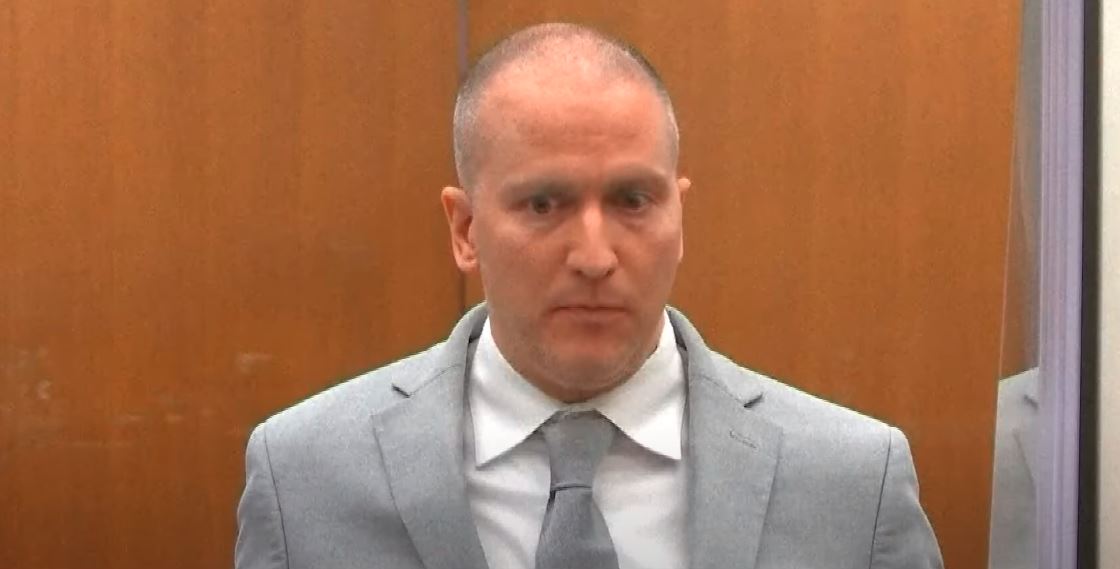Derek Chauvin, a former police officer from Minneapolis, received a sentence for the murder of George Floyd, was seriously injured after being stabbed by another inmate at the Federal Correctional Institution in Tucson, Arizona, on Friday.
This information was disclosed by a source who spoke to The Associated Press under the condition of anonymity.
The attack occurred in a medium-security prison notorious for its security lapses and staffing shortages. The Bureau of Prisons confirmed the assault happened around 12:30 p.m. local time.
Prison staff intervened, administering life-saving measures before the inmate, not identified by name, was transported to a hospital for further care.
Following the incident, visits to the facility, housing approximately 380 inmates, have been suspended. The FBI has been notified, though no employees were harmed during the altercation.
Chauvin, 47, was transferred to FCI Tucson in August 2022 from a maximum-security prison in Minnesota. He is serving a 21-year federal sentence for violating Floyd’s civil rights and a concurrent 22½-year state sentence for second-degree murder.
His lawyer, Eric Nelson, had previously expressed concerns about Chauvin’s safety among the general prison population. In Minnesota, Chauvin was primarily held in solitary confinement for his protection.
Supreme Court Denies Chauvin Appeal, New Plea Filed

The US Supreme Court recently dismissed Chauvin’s appeal of his murder conviction. Separately, he is attempting to overturn his federal guilty plea, citing new evidence he claims exonerates him from causing Floyd’s death.
Floyd’s death on May 25, 2020, garnered international attention after Chauvin, a white officer, knelt on the neck of Floyd, a Black man, for over 9 minutes.
Floyd’s death, captured on a bystander’s video showing his pleas of “I can’t breathe,” sparked global protests and a broader conversation on police brutality and racism.
Three other officers present during Floyd’s death received state and federal sentences for their involvement.
This incident underscores ongoing concerns with the federal Bureau of Prisons, which has faced scrutiny following high-profile cases like Jeffrey Epstein’s suicide in 2019 and the recent stabbing of Larry Nassar, a disgraced sports doctor.
The Bureau, struggling with rampant misconduct, chronic violence, and staffing shortages, is currently under an AP investigation revealing significant operational flaws.
Director Colette Peters, appointed last year to reform the troubled agency, has promised to improve hiring practices and transparency.
Despite these efforts, lawmakers have criticized her for perceived non-cooperation and the need for clear communication regarding internal reforms and operational details.


Comments are closed.